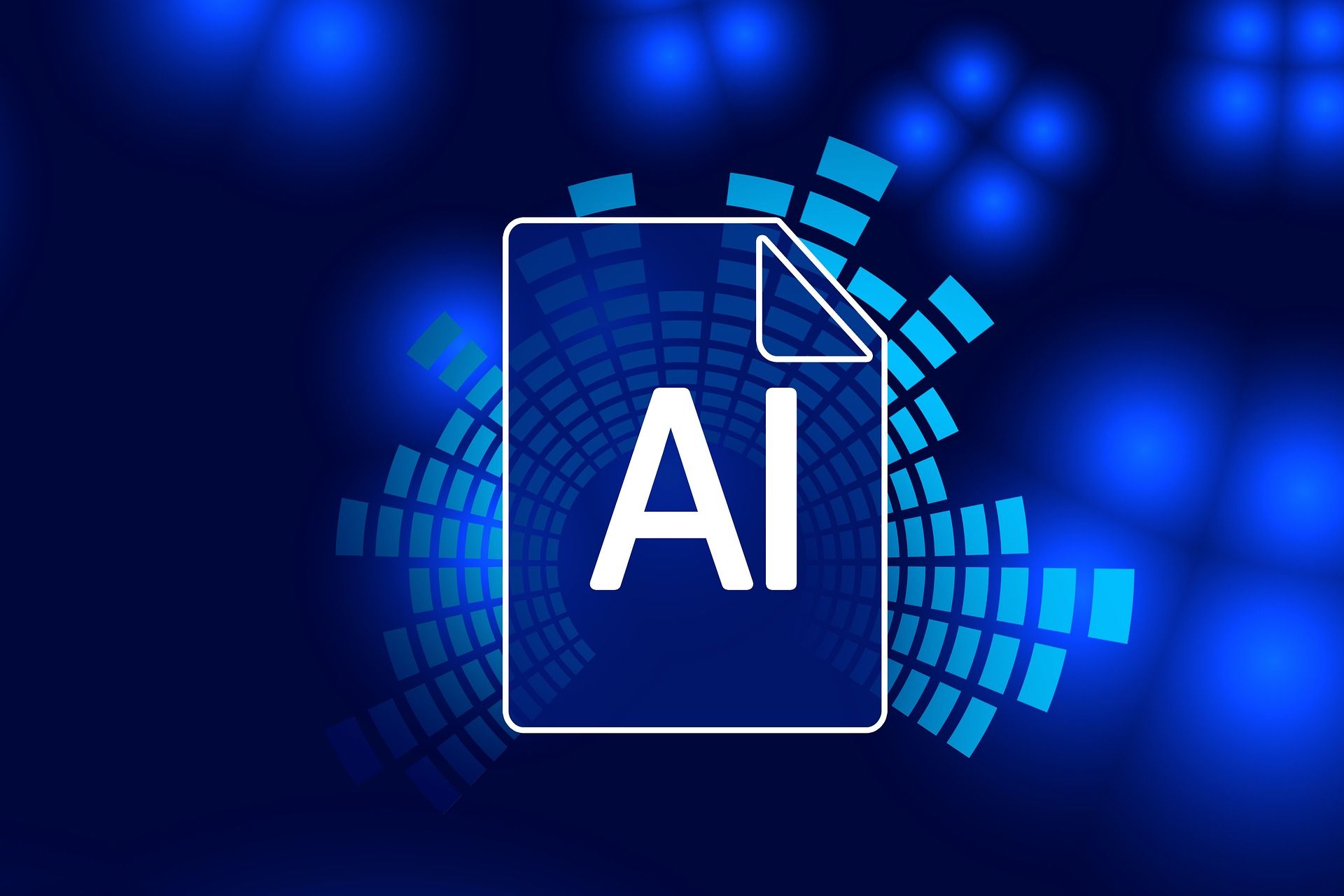
TCS CEO K Krithivasan predicted last month that AI will significantly decrease the need for call centres within a year. He said AI has affected the need for call centres in many regions including Asia while speaking to Financial Times. Hearing this is not new as AI has scared several job sectors and roles that this rising technology can replace.
When we talk about call centres, AI chatbots and agents have already debuted and successfully manage customer queries. So, there is no doubt that Artificial Intelligence (AI) has been revolutionising industries worldwide with its ability to automate tasks and streamline processes.
However, is AI capable of replacing human call centre agents completely? Let’s explore the answer to this in our article today!
Will AI take over customer care?

The rise of AI has changed call centres, with AI-powered chatbots and virtual assistants handling customer queries. These AI agents provide efficient and personalised service in real-time, reducing the need for human intervention. Currently, there is ongoing debate on whether they will replace call centre jobs entirely.
According to a 2022 IBM Global AI Adoption Index report, 60% of companies have integrated AI into their operations, similar to China. This strongly suggests the rapid integration of AI technologies in India due to its capabilities. Additionally, Gartner’s survey findings reveal that chatbots will become the primary customer service channel for approximately 25% of companies by 2027.
Overall, many major sectors have incorporated AI into their customer service, and it’s important to understand its advantages to see why it’s capable of replacing human agents. Let’s see the key benefits of AI call agents.
Benefits of AI call bots
- Automate routine calls and tasks
- Provide immediate and real-time customer support
- Be active during peak hours and handle large call volumes
- Manage customer queries 24/7
- Collect and analyse data to enhance customer experience
Bottlenecks of AI call agents
The reality is that while AI can manage routine queries and tasks, it lacks the emotional intelligence and empathy that human agents bring to customer interactions. Another issue is that many customers still prefer speaking to a real person when dealing with personal issues, and AI agents may struggle to provide the same level of understanding and support.
.thumbnailWrapper{
width:6.62rem !important;
}
.alsoReadTitleImage{
min-width: 81px !important;
min-height: 81px !important;
}
.alsoReadMainTitleText{
font-size: 14px !important;
line-height: 20px !important;
}
.alsoReadHeadText{
font-size: 24px !important;
line-height: 20px !important;
}
}

For example, during times of crisis or emergencies, customers often seek reassurance and comfort from a human voice. AI call assistants may not be equipped to tackle these situations effectively, leading to customer dissatisfaction.
Building rapport and trust with customers is crucial in the call centre industry, and AI agents cannot establish meaningful connections with customers in the same way that humans can. AI call bots are becoming essential in customer service due to their efficiency, cost savings, and scalability. Instead of replacing human agents, AI technology is more likely to complement their roles.
What has AI already replaced?
Challenger, Gray & Christmas published data last year in May shedding light on job cuts in the US. The report highlighted that AI accounted for nearly 4,000 job losses. On the other hand, SAP the popular German software company decided to restructure their organisation leading to 8,000 job cuts to focus on AI this year.
A survey with 750 business leaders revealed that 37% of respondents believed employees were laid off in 2023 because of AI. Apart from job loss, AI has also impacted companies such as Cheggs which reported a 50% decline in shares as students preferred ChatGPT. These statistics clearly show how strong AI impacts can be.
The takeaway
AI has significantly impacted call centres but is unlikely to replace human agents completely. The future likely involves a combination of AI and human expertise, providing a balance between efficiency and emotional intelligence for the benefit of businesses and customers. However, there is no doubt that AI has led to many job cuts but employees with relevant AI skills are likely to be safe from potential layoffs.









![Read more about the article [Funding alert] Games24x7 raises $75M led by Malabar Investment](https://blog.digitalsevaa.com/wp-content/uploads/2022/01/VCfunding-1605087354569-300x150.jpg)
